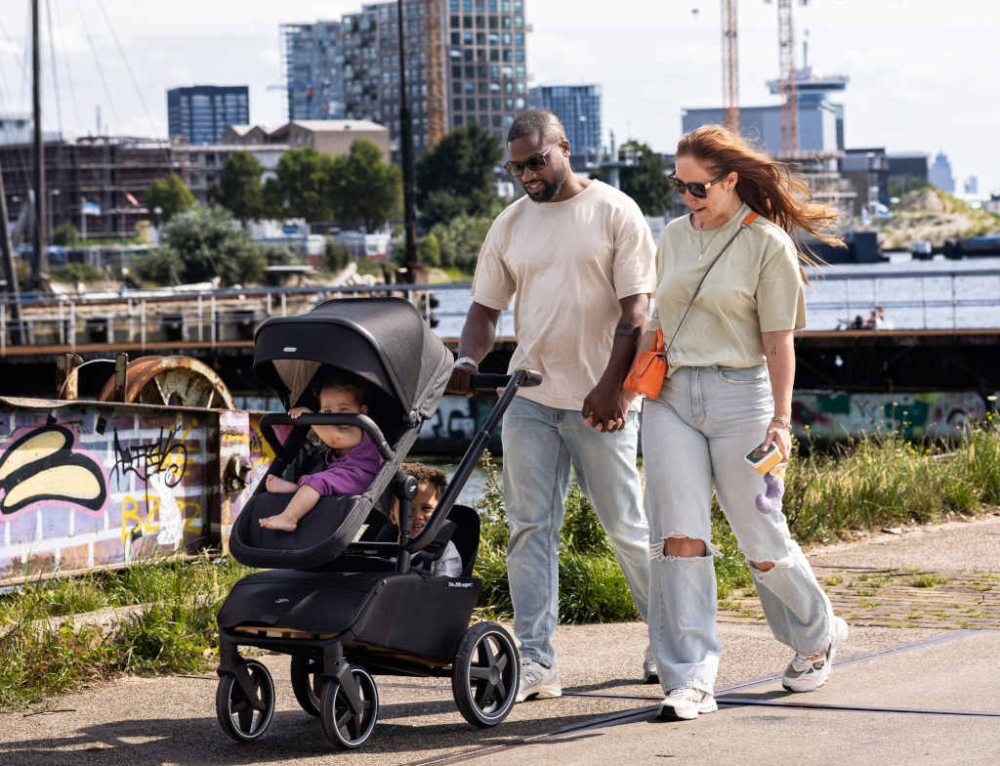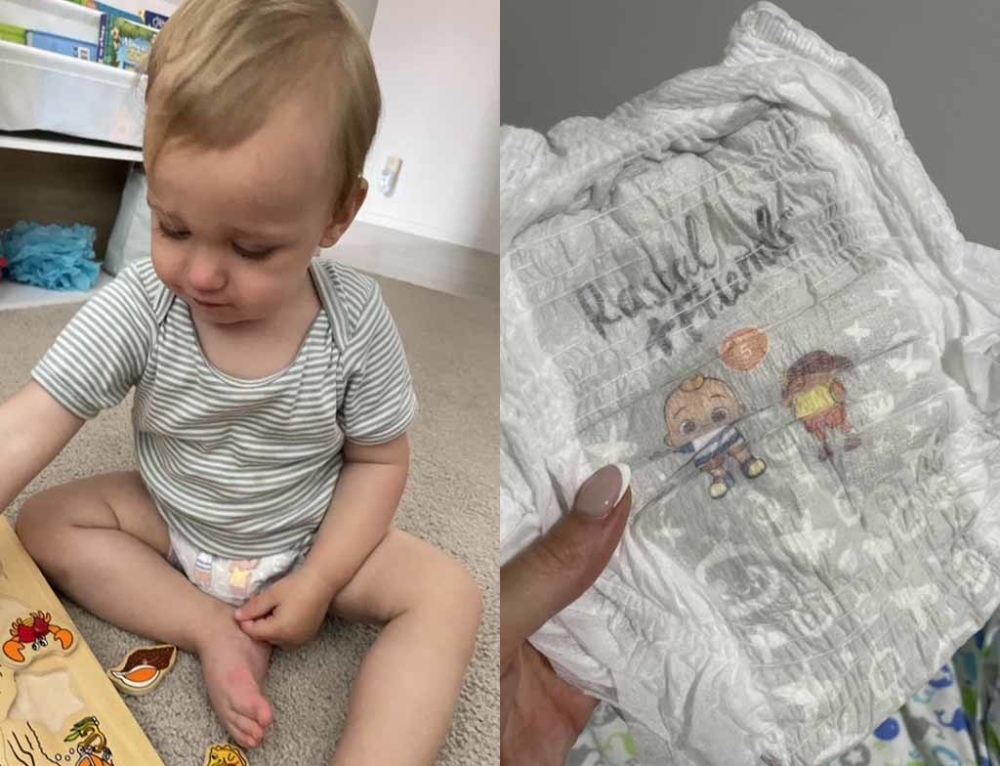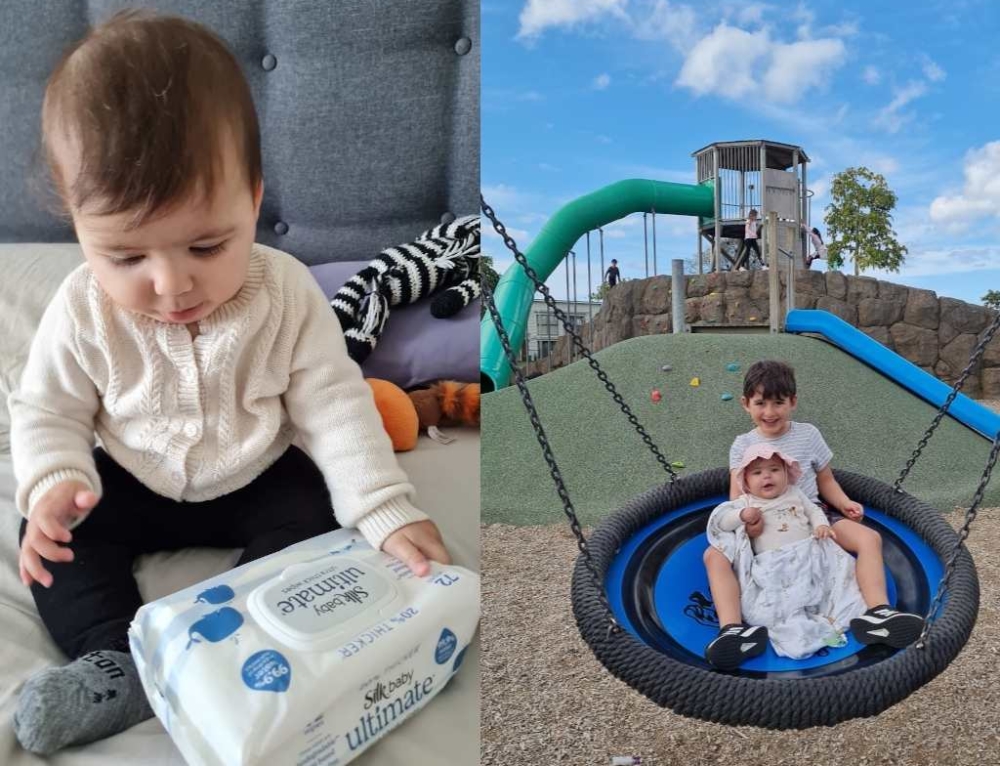Children change more quickly than we’d like. It seems you can blink and your child has grown, evolved, developed or reached a key milestone. One minute they are throwing board books in the toy box, the next they are flipping through the pages of story books and as they grow older, they start reading and enjoying books they choose themselves.
Some of the changes in our kids are not so easy to spot, particularly cognitive changes. Children’s brains develop as they have new experiences. You cannot see the brain developing, but you can see what new things the child can do.
Stages of cognitive development
Piaget was a major theorist and psychologist who developed stages to understand cognitive development. There are four major periods of cognitive development in children:
First cognitive development stage: Sensory motor period (0 – 24 months)
The following points outline the progressive nature of cognitive development and how physical actions aid the brain’s development as babies grow.
- Reflexive Stage (0-2 months): Simple reflex activity such as grasping, sucking.
- Primary Circular Reactions(2-4 months) Reflexive behaviors occur in stereotyped repetition such as opening and closing fingers repetitively.
- Secondary Circular Reactions (4-8 months) Repetition of actions to reproduce interesting consequences such as kicking feet to move a mobile.
- Coordination of Secondary Reactions (8-12 months) Responses become coordinated into more complex sequences. Actions take on an “intentional” character such as baby reaches behind a box to grab a favourite toy.
- Tertiary Circular Reactions (12-18 months) Discovery of new ways to produce the same goal, such as toddlers pulling a ball toward him so he can roll it.
- Invention of New Means Through Mental Combination (18-24 months) Evidence the toddler can problem-solve a sequence of events before actually responding. For example, can take the ball out of a cupboard if it’s not in sight and play with it.
Second cognitive development stage: The preoperational period (2-7 years)
Preoperational Phase (2-4 years)
Increased use of verbal representation but speech is egocentric. The beginnings of symbolic rather than simple motor play. Transductive reasoning. Can think about something without the object being in front of them by using language to describe it.
Intuitive Phase (4-7 years)
Speech becomes more social, less egocentric. The child has an intuitive grasp of logical concepts but these are crude and irreversible. At this stage, kids believe in magical increases and decreases – their sense of reality is not firm and it is their perceptions of the world that dominate their judgments. In moral-ethical realm, the child is not able to show principles underlying best behaviour. For example, they can’t understand the reasoning behind the rules of a games, but can understand simple do’s and don’ts imposed by authority.
Third cognitive development stage: Period of concrete operations (7-12 years)
- There is now evidence for organised, logical thought. There is the ability to classify many tasks, order objects in a logical sequence, and comprehend the principle of conservation. Thinking becomes less egocentric. The child is capable of concrete problem-solving.
Fourth cognitive development stage: Period of formal operations(12 years+)
- Thought becomes more abstract, incorporating the principles of formal logic. The ability to generate abstract propositions, multiple hypotheses and their possible outcomes is evident. Thinking becomes less tied to concrete reality.
The benefits of understanding cognitive development
Whether you believe or agree with Piaget’s complex theories of cognitive development, they at least allow parents to understand what is normal and appropriate for general age groups.
Toys, games, and activities are easier to choose if you understand the stages of a child’s cognitive development. If you know that most children do some things at a certain age, you will know that you don’t need to change that behaviour. You will understand that it is not your fault your child is doing something annoying.
By understanding normal development, you can tell when a child’s development may be lagging behind their peers. In most cases, it’s fine, but there are some red flags in children’s development that may be worth raising with a doctor or specialist.
How to aid their cognitive development
Use unplanned events to help children learn
Children may blow bubbles in their drink. You can ask them why they think milk bubbles last so long but water bubbles do not. You can compare them to water bubbles that disappear almost immediately. You can talk with your kids about what happens when they put different foods or objects in milk.
Encourage children’s thinking – even if it’s annoying!
Plenty of mothers worry about the mess their toddlers and small children make while eating. But sometimes this mess is the key to unlocking the next stage of your child’s cognitive development. For example, a toddler starts dropping peas on the floor—one by one—at dinner time. Wow, that’s quite a cognitive skill he’s developing there: picking up small objects one by one, understanding the power of gravity and seeing the results of his hard work.
Children use hands-on experience to learn
Children use concrete, hands-on experiences to help them understand the world around them. That toddler dropping peas on the floor may be trying to understand, “If I drop this, what happens next?” Be happy to know your child is learning, even if you will need to pick up the peas!







Leave A Comment
You must be logged in to post a comment.